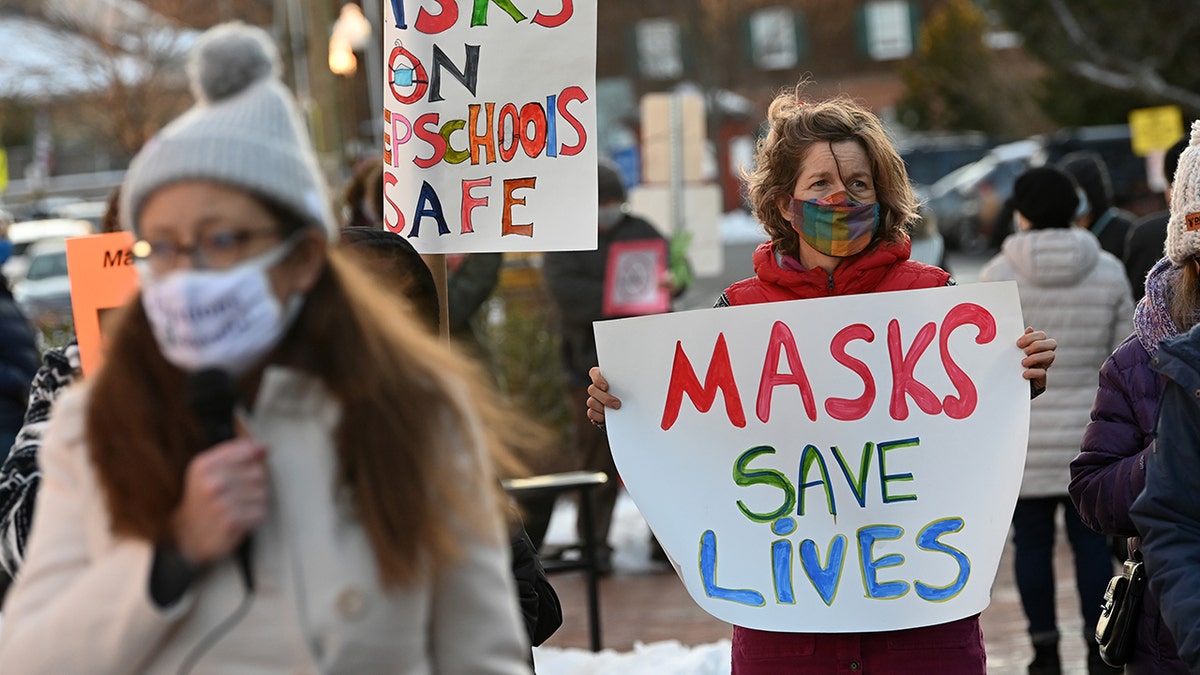Educator warns if literacy rates don't go up incarceration rates will
Enriched Literacy Education's Mary Cantwell and Brooke Ooten explain how literacy rates are declining across the country and the effects it will have on the future of the United States
U.S. educators are sounding the alarm on the movement away from phonics-based learning in schools and declining literacy rates, warning of increasing crime and incarceration as a result.
Co-founder of Enriched Literacy Education Mary Cantwell argued that the consequences are huge for the country, stressing involvement with the U.S. criminal justice system is directly correlated to how well you can read.
"If we don't fix this quickly, our incarceration rates will go up, our taxes will go up, crime will spike," Cantwell told "America's Newsroom" Tuesday. "This will put such taxes on our health care system. I mean, the ramifications are pretty significant for our country."
Only 35% of fourth graders were found reading on grade level in 2019, according to statistics from the National Children's Book and Literacy Alliance, as schools abandoned traditional phonics-based learning for a "balanced literacy approach."

LEESBURG, VA - JANUARY 18: People gather in support of continuing the school mask mandate outside the Loudon County Government Center prior to a Board of Supervisors meeting on Tuesday January 18, 2022 in Leesburg, VA. (Photo by Matt McClain/The Washington Post via Getty Images) (Photo by Matt McClain/The Washington Post via Getty Images)
"Over the last 30 years, there's been a movement away from phonics," co-founder of Enriched Literacy Education Brooke Ooton said. "Phonics is what I remember growing up with, learning that each letter makes a sound and putting those sounds together to make words."
"There was a real push to get away from that because that was seen as not a sexy, sort of very rote learning, memorization."
Experts now fear post-COVID literacy numbers will be even worse.
Fox News Digital reported in March that the COVID pandemic contributed to a third of young grade school students missing reading benchmarks, which is up significantly from pre-pandemic rates.
A recent Virginia report discussed data collected from The Phonological Awareness Literacy Screening (PALS) K-2 assessment, a tool used to evaluate students’ risk for reading difficulties that spanned three fall assessment periods in 132 school divisions. The study looked at rates of "at-risk" students K-2, pre-pandemic (2019) to the fall of 2021 when students returned to in-classroom learning.
The report found the number of first and second-grade students who scored below reading benchmarks in the fall of 2021 hit historic highs, at 36.5 percent and 42.2 percent, respectively.
The report found in 2019 the percentage of students in the low-risk group for reading difficulties was 2.1 times greater than that of the high-risk group but by 2021, the percentage of both groups was nearly identical.
CLICK HERE FOR THE FOX NEWS APP
Cantwell and Ooten are encouraging parents to start phonics early with their children by putting a focus on reading at home.
"These skills have to be taught," Cantwell stressed. "Children are not being taught these skills in school… parents really need to take action."
Fox News' Amy McGrorry contributed to this report.












































